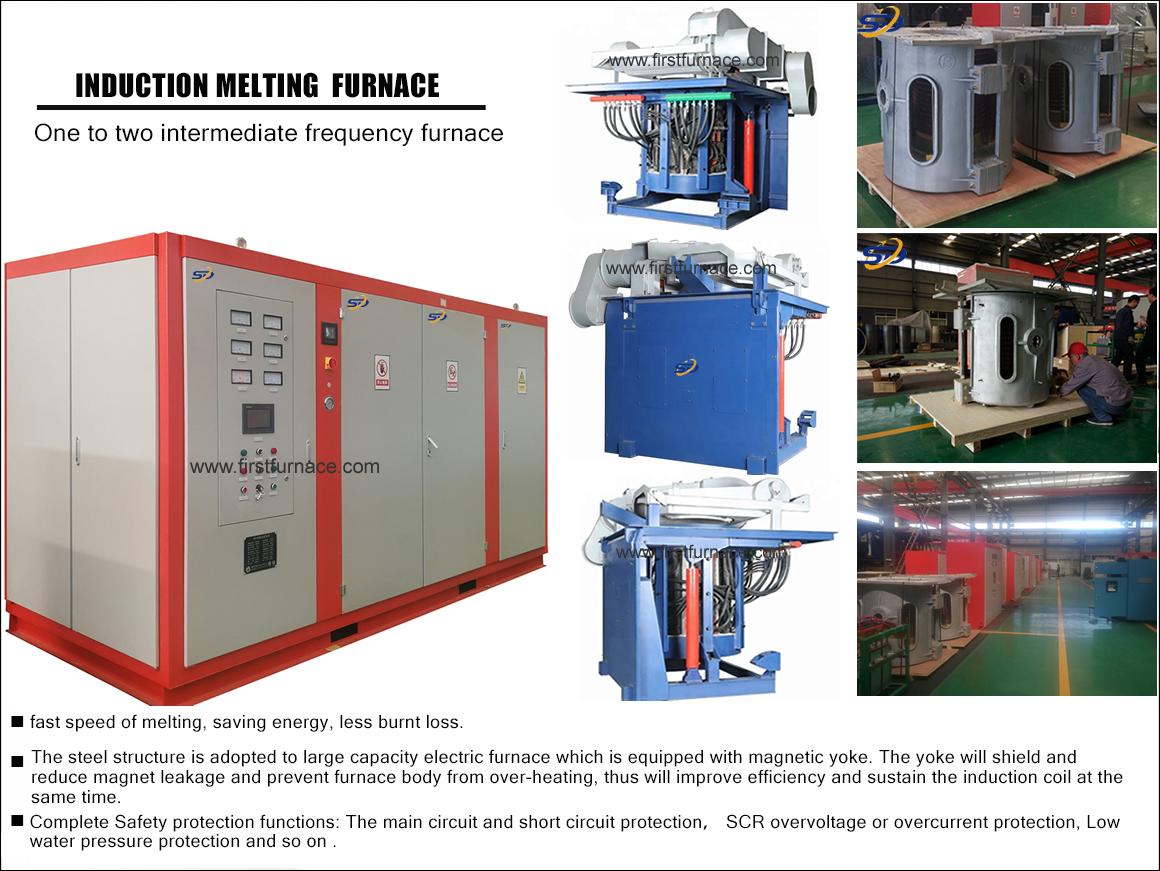Sales hot line ( 24 hours service):+86 13015583380
E-Mail: firstfurnace@gmail.com
whatsapp:+86 13015583380
Adress: Luoxin Industrial Park, Luoyang, HenanLarge diameter steel pipe quen
Piston rod quenching and tempe
Grinding rod quenching and tem
High frequency induction heate
Quenching equipment for machin
Round steel end heating furnac
Steel pipe heat treatment prod
Square steel quenching and tem
Sucker rod quenching and tempe
Thickened petroleum steel pipe
Round steel quenching and temp
Steel pipe quenching and tempe
Steel plate quenching and temp
Induction Hardening Machine&nb
Flywheel ring gear high freque
induction melting furnace IF power supply three-bridge arm operation and maintenance
Maintenance and discussion of common faults of induction melting furnace power supply
First, the intermediate frequency power supply three bridge arm operation 1
Fault phenomenon: difficulty in starting, noise noise. DC voltage is low, DC current is high, and the intermediate frequency voltage is about 3 times higher than DC voltage. When observing the bridge arm waveform with an oscilloscope, there is a bridge arm in a straight line (no pressure drop). The other bridge arm is a very high sine wave. Reason: 1) The sinusoidal arm thyristor is not conducting.
Second, the intermediate frequency power supply three bridge arm operation 2
Fault phenomenon: difficult to start, occasionally start the middle frequency whistling sound is lower than normal, the DC voltage is low, the DC current is very large, and the DC voltage overcurrent is increased. When the oscilloscope is used to observe the waveform of the inverter bridge arm, one arm is normal and the other arm is straight line.

1. It is possible that the component of the bridge arm on the inverter side is damaged or broken down. (Use a multimeter to check the resistance of the thyristor; check whether the capacitance in the RC absorption circuit breaks down; check if the external line is short-circuited.)
2. It is possible that the thyristor with a bridge arm on the inverter side is not triggered to conduct (check whether the inverter trigger pulse is normal; whether the trigger power of the thyristor is too large)
3. The reverse pressure angle of the inverter is too small, so that the thyristor can not be turned off (increasing the inverter back pressure angle, increasing the reserve time, making the thyristor reliable tube break; or increasing the capacitance of the load circuit to reduce the frequency)
4. Short-circuiting or short-circuiting of the load ring to the ground will cause the three-bridge arm to operate, causing overcurrent.
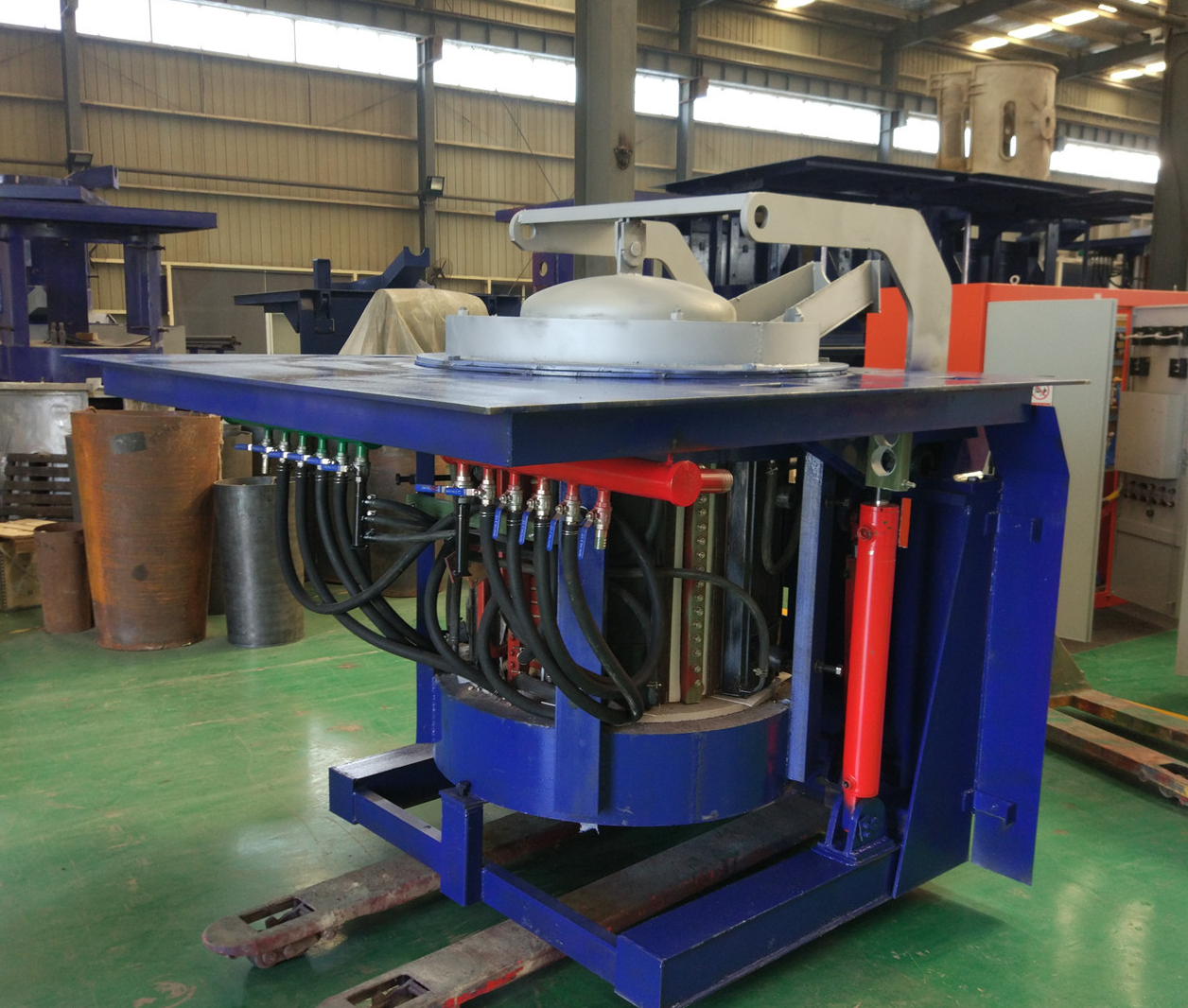
Iron induction furnace
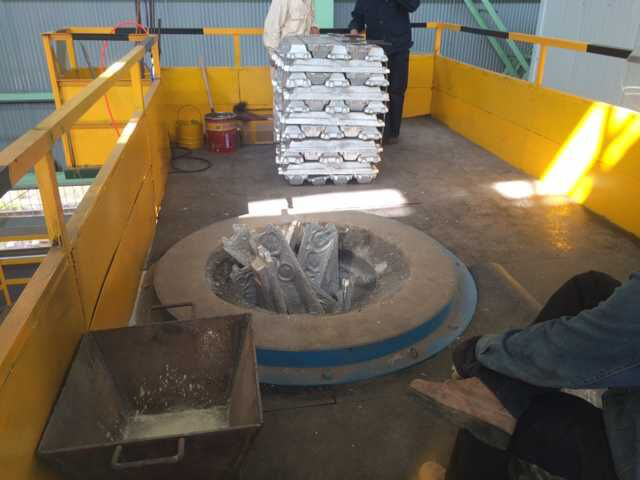
Aluminum melting furnace
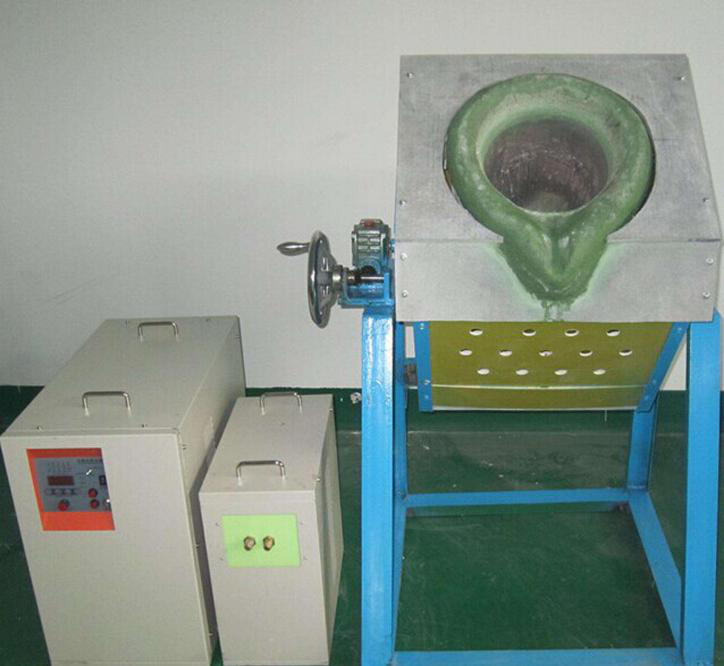
Copper melting furnace
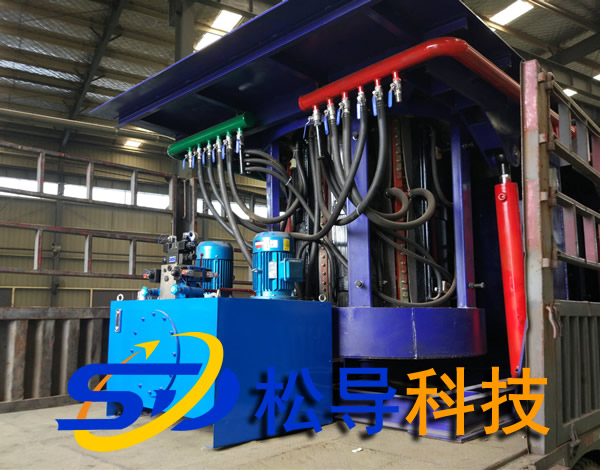
Small steel melting furnace
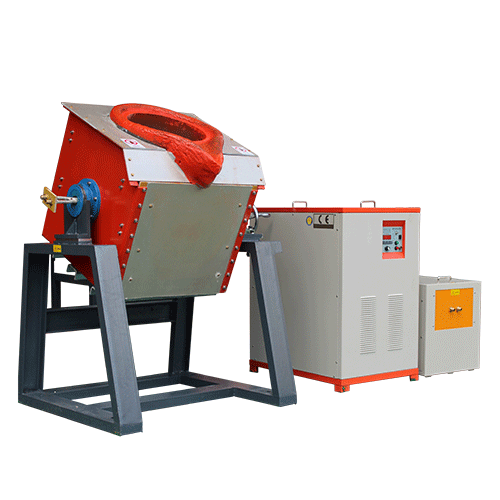
Small induction melting furnace
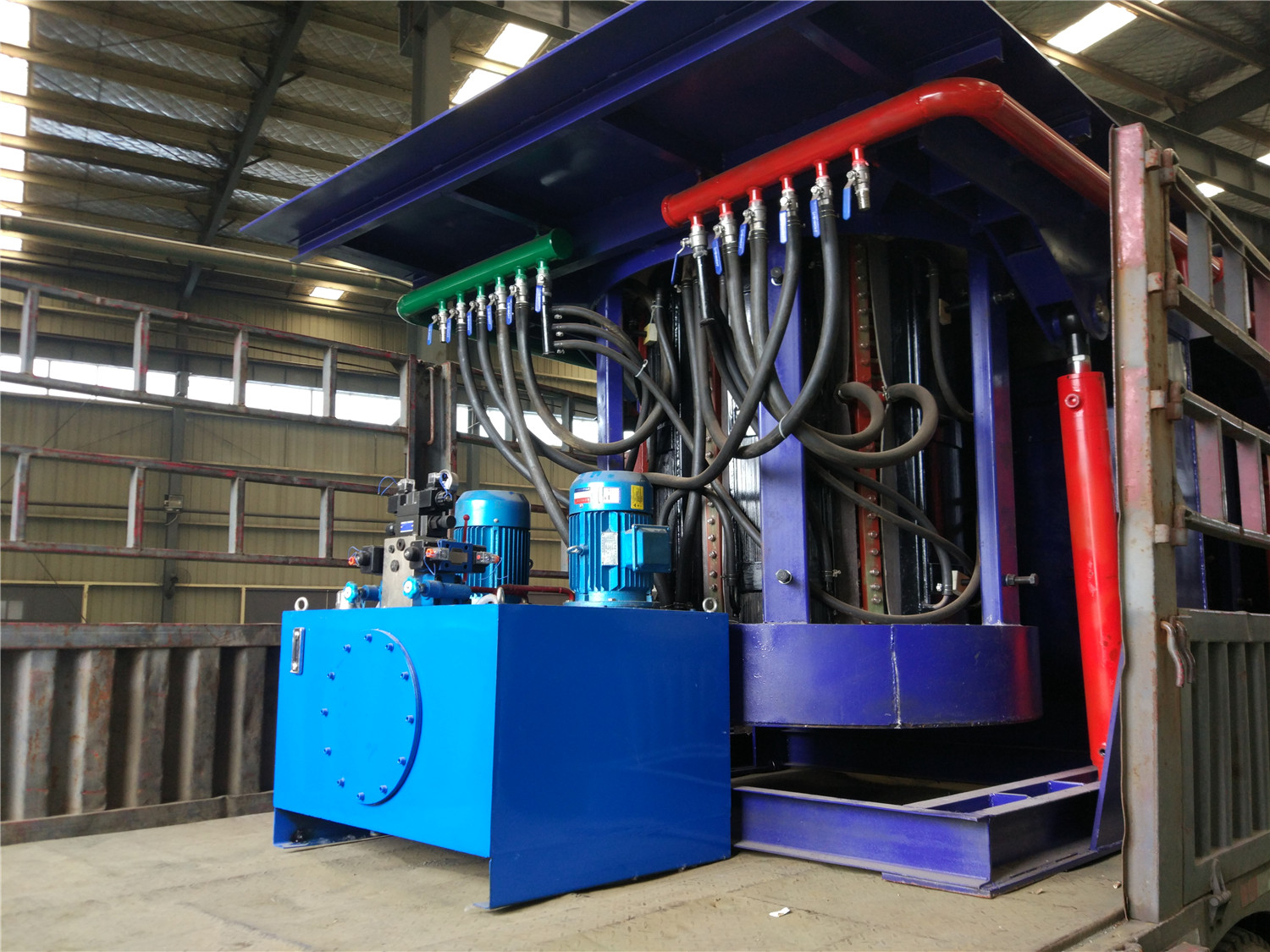
Induction iron furnace
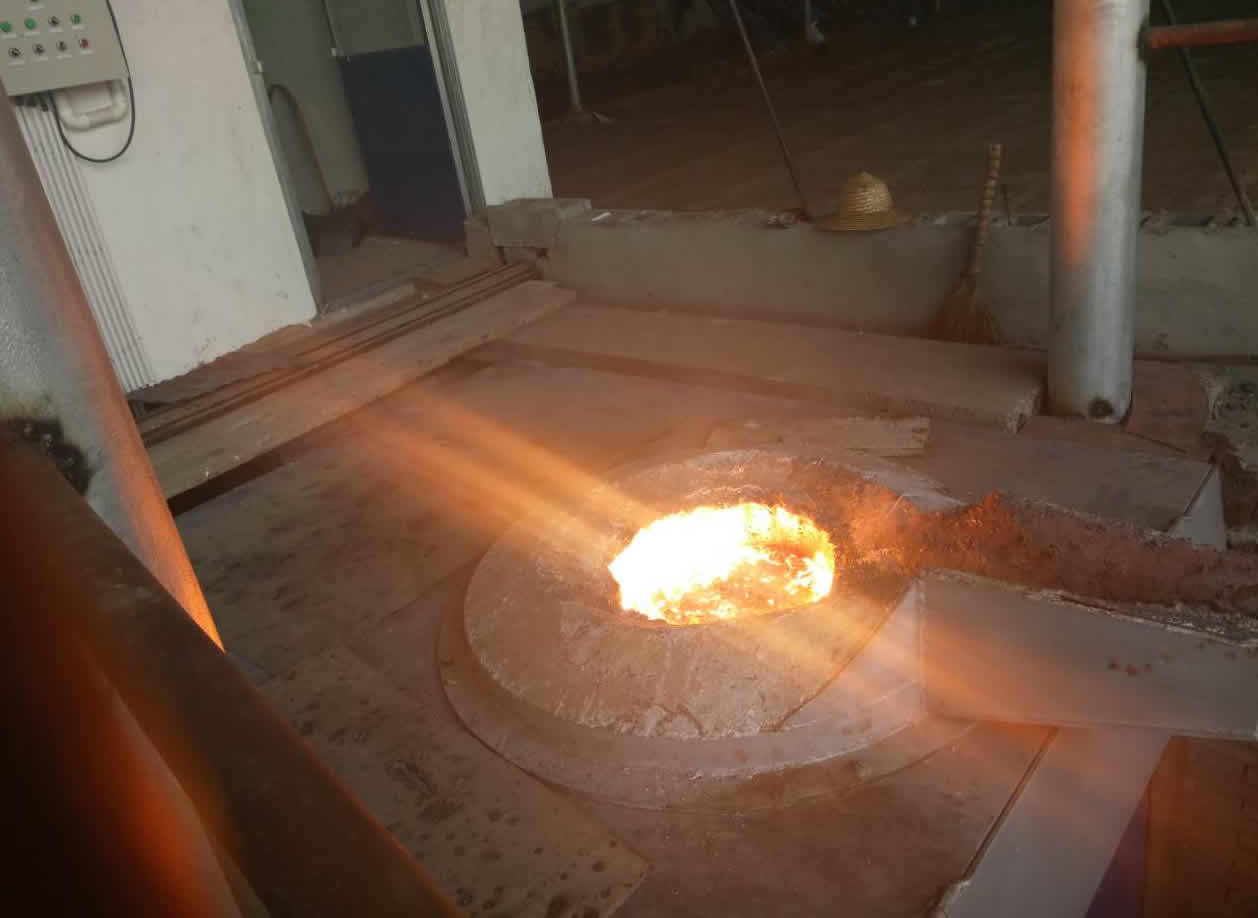
3T intermediate frequency iron melting f
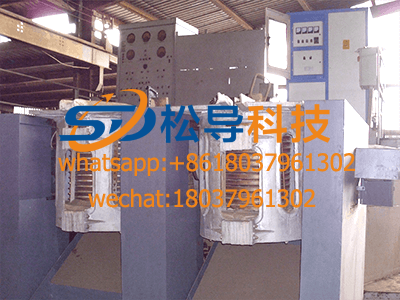
0.25T Intermediate Frequency Furnace
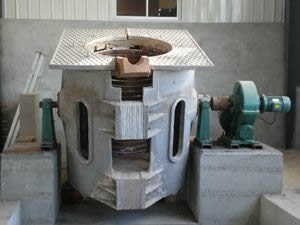
0.5T Intermediate Frequency Furnace
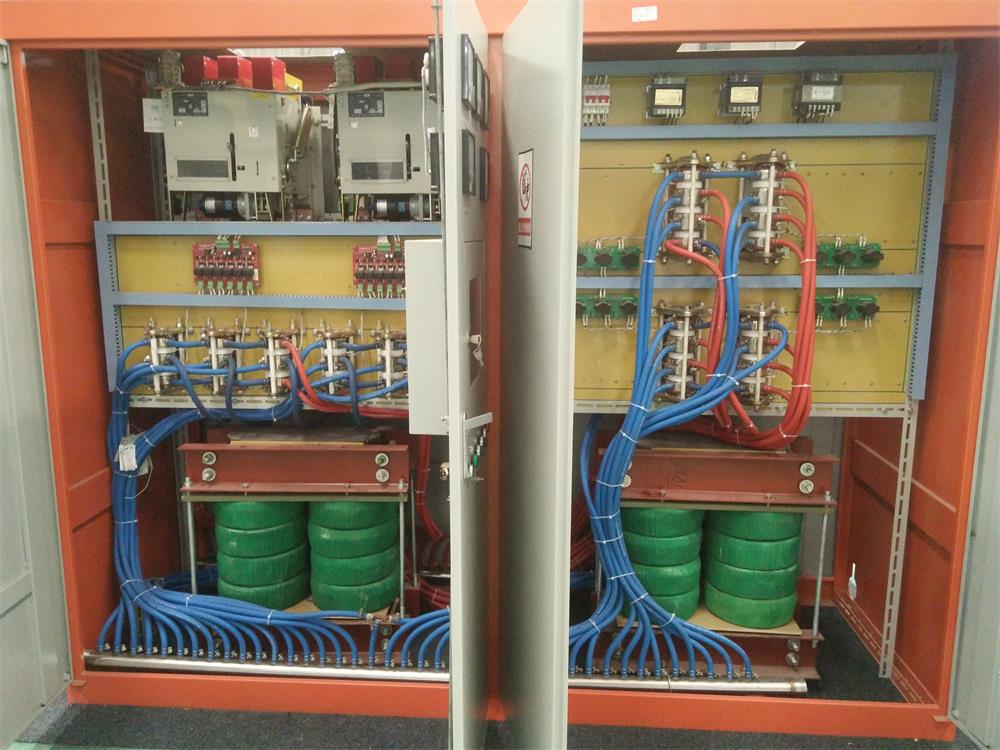
Medium Frequency Furnace

2T Induction Melting Furnace
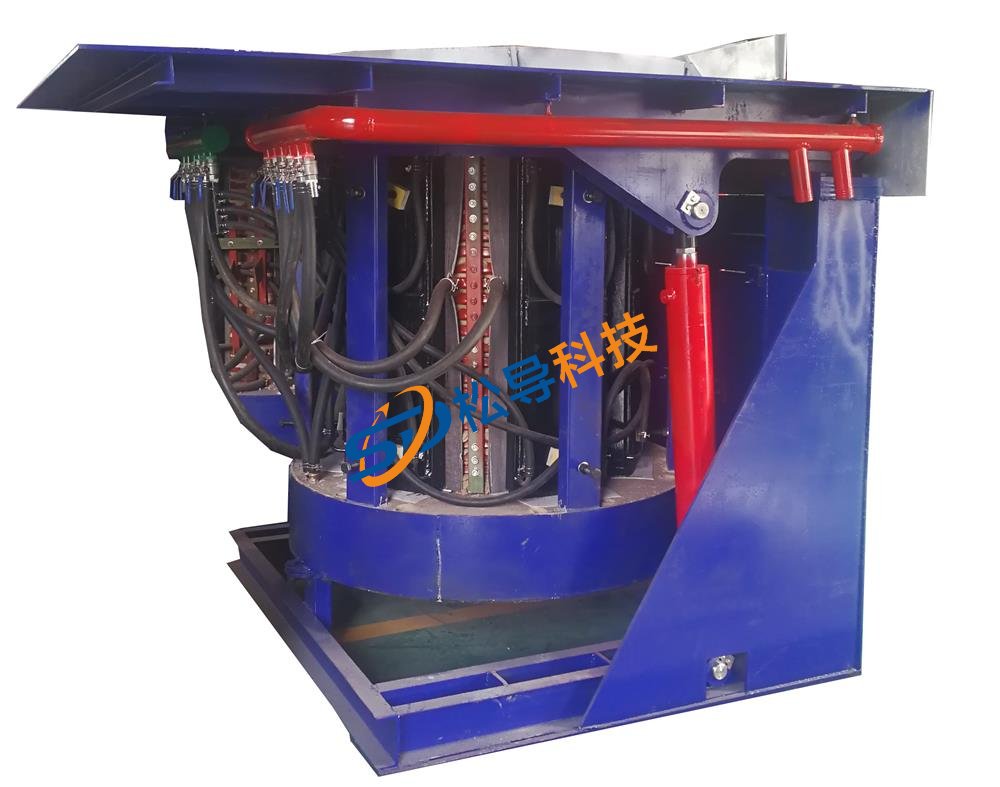
1T Induction Melting Furnace
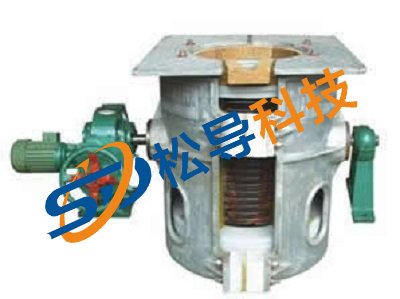
500kg Induction Melting Furnace
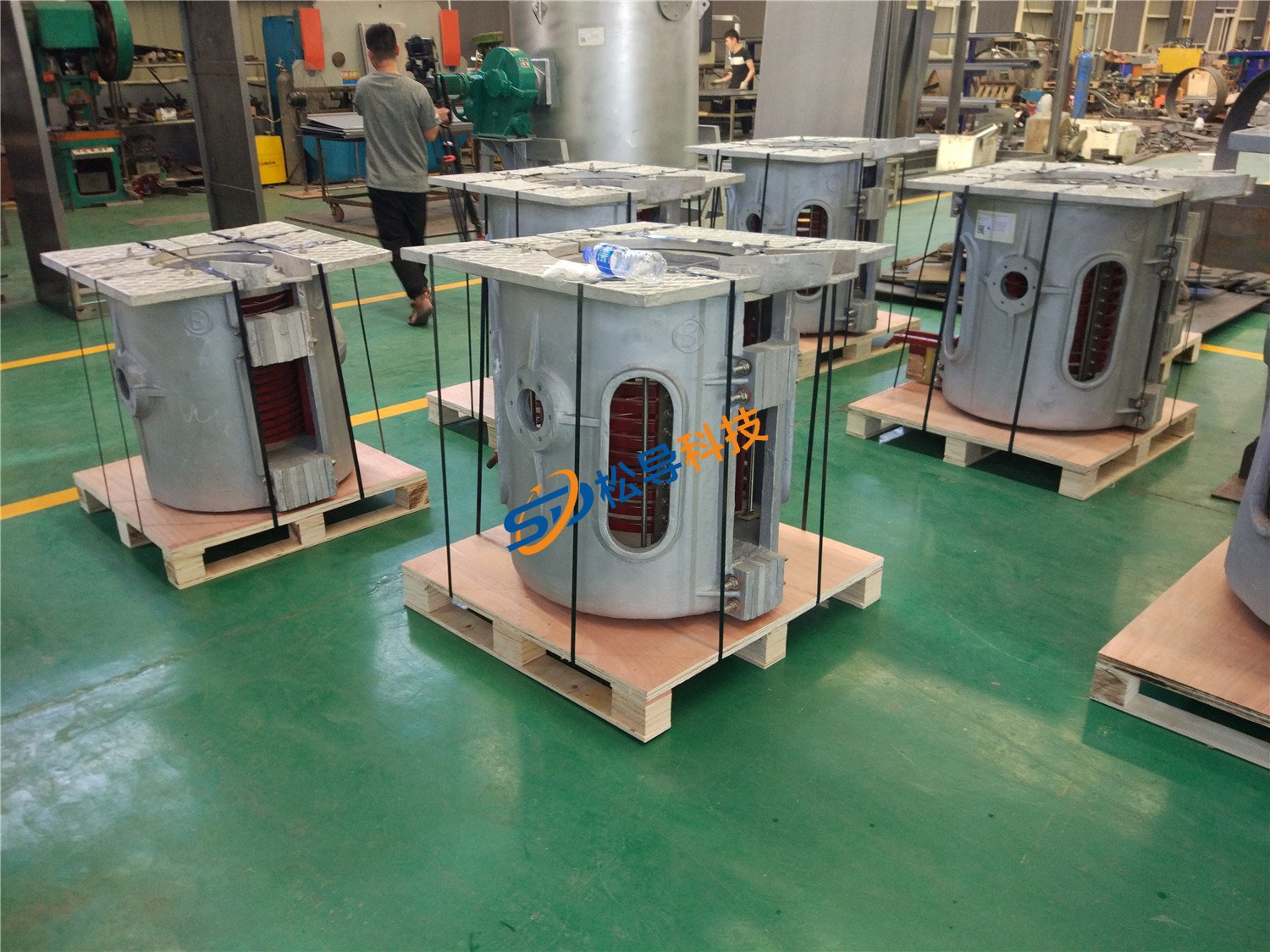
250kg Induction Melting Furnace
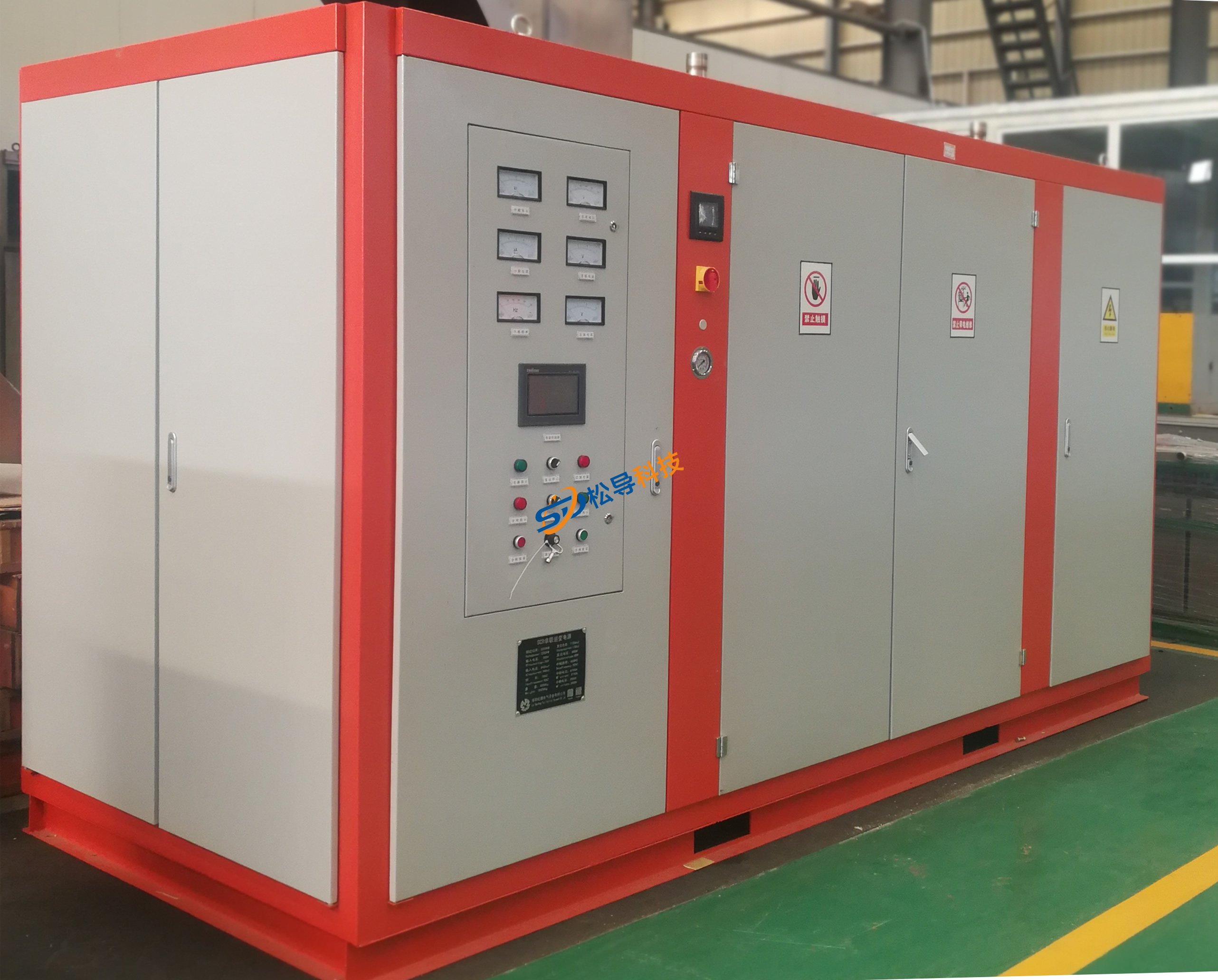
Induction Melting Furnace
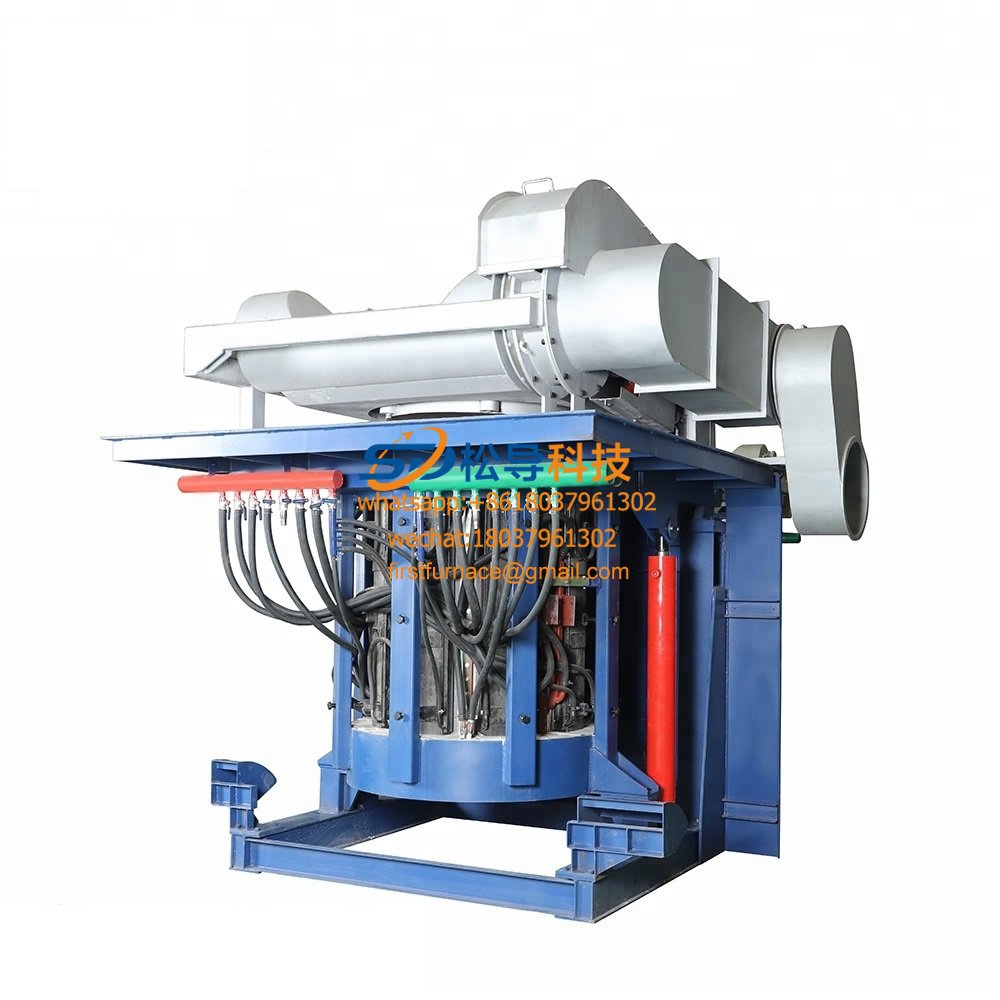
3 T Induction Melting Furnace
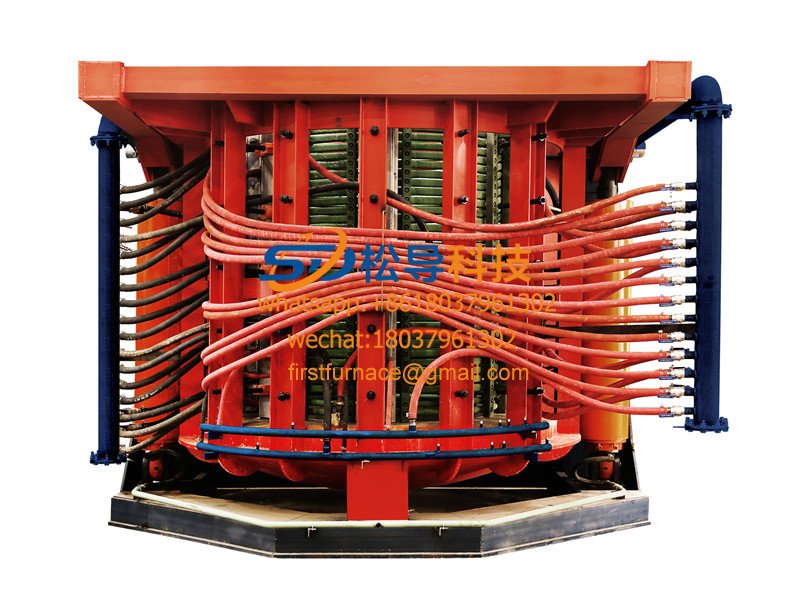
5T Induction Melting Furnace
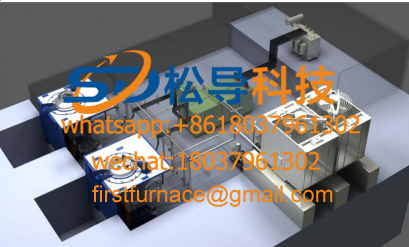
1T One Belt Two Intermediate Frequency F

5T One Belt Two Intermediate Frequency F
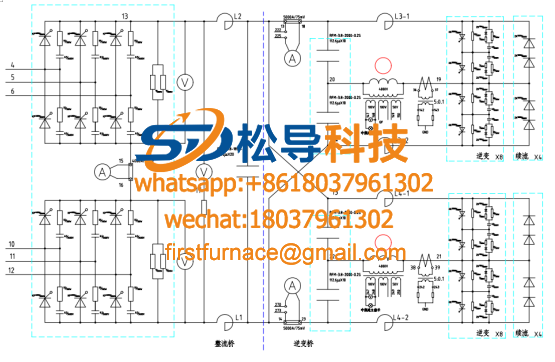
3T One Belt Two Intermediate Frequency F
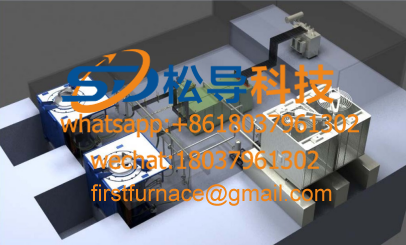
2T One Belt Two Intermediate Frequency F
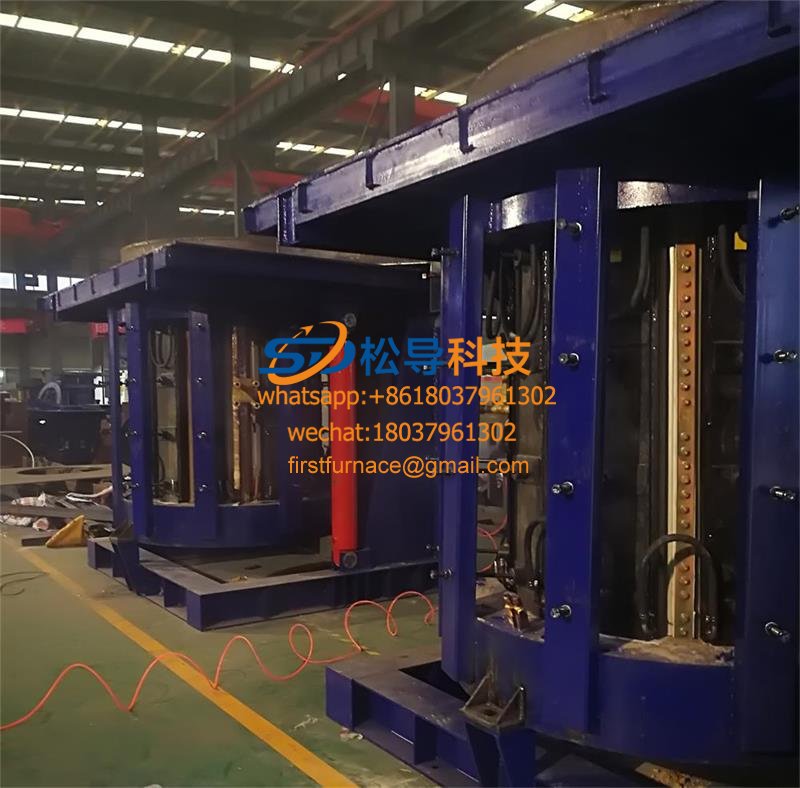
5T Parallel Intermediate Frequency Furna
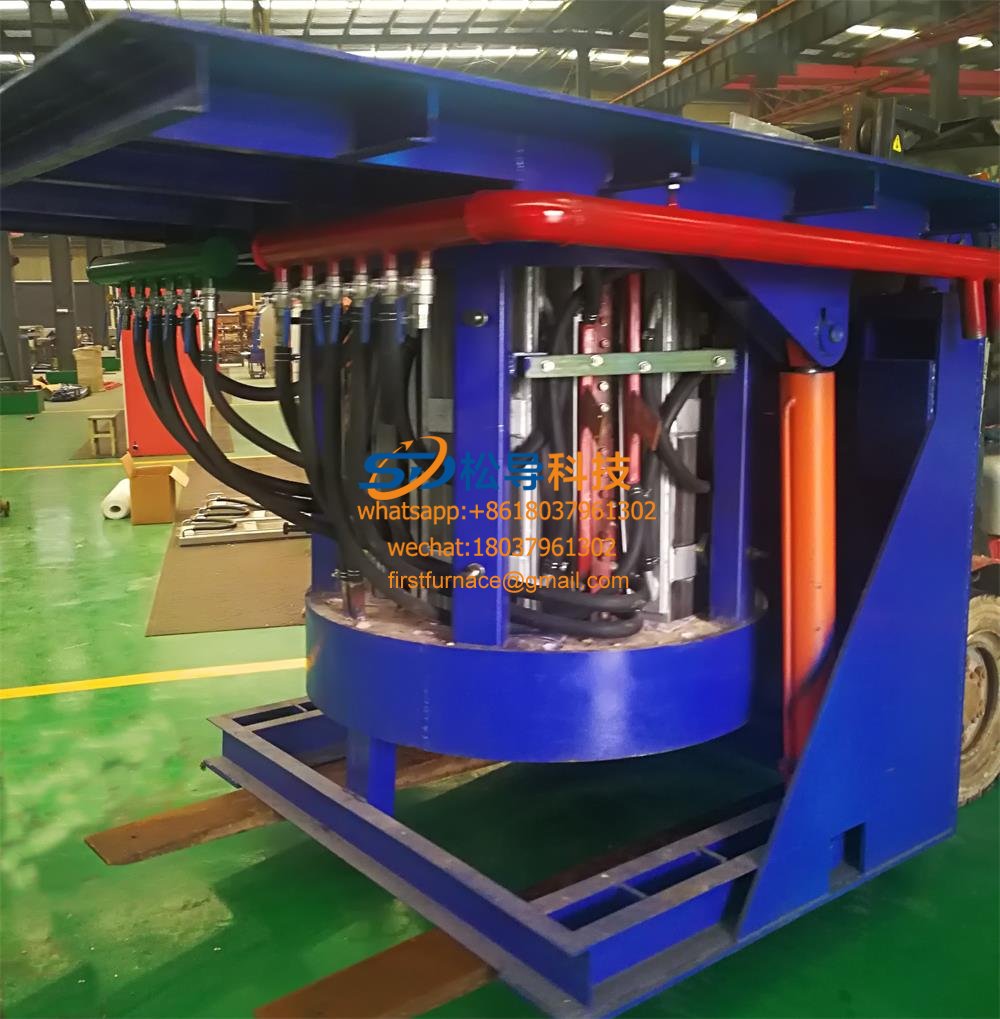
5T Intermediate Frequency Furnace

5T Series Intermediate Frequency Furnace
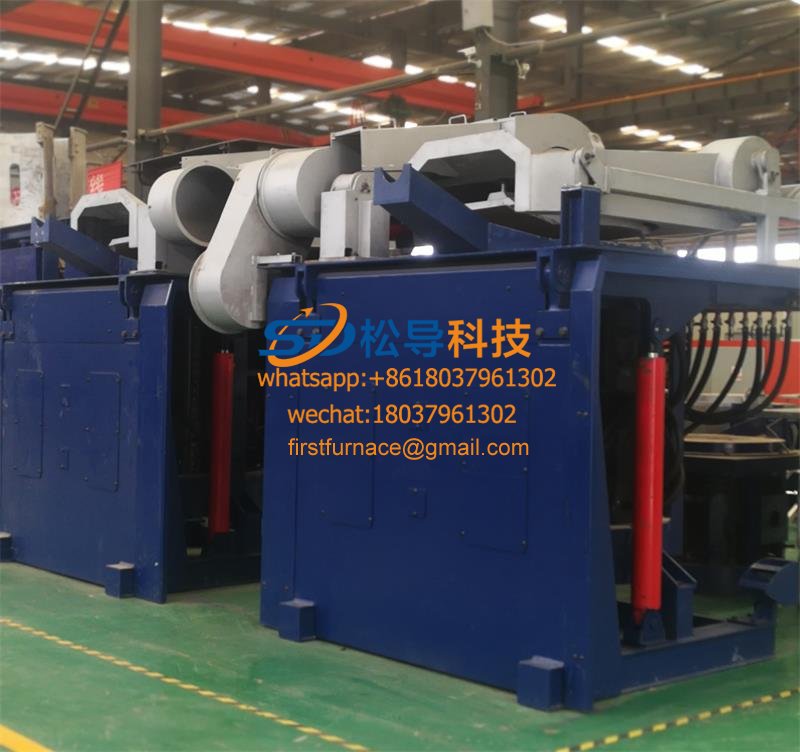
3T Series Intermediate Frequency Furnace
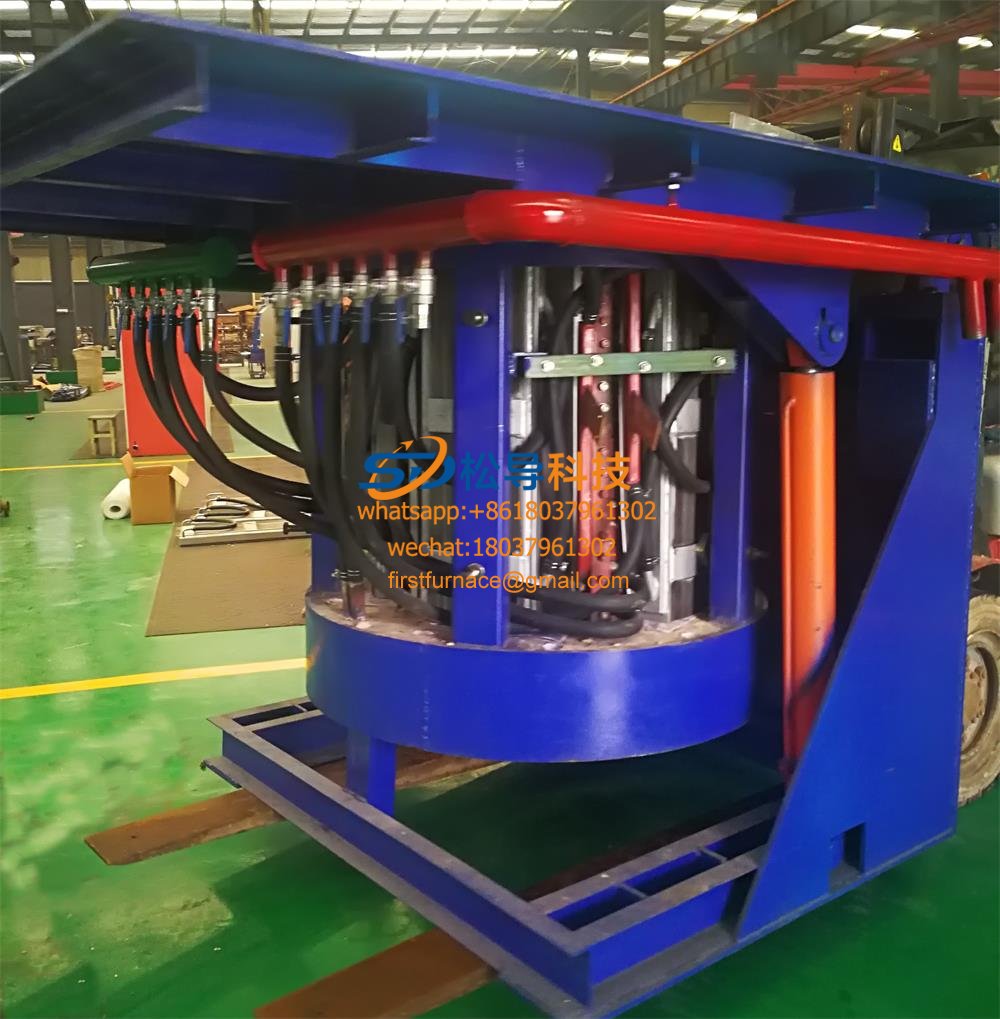
2T Series Intermediate Frequency Furnace
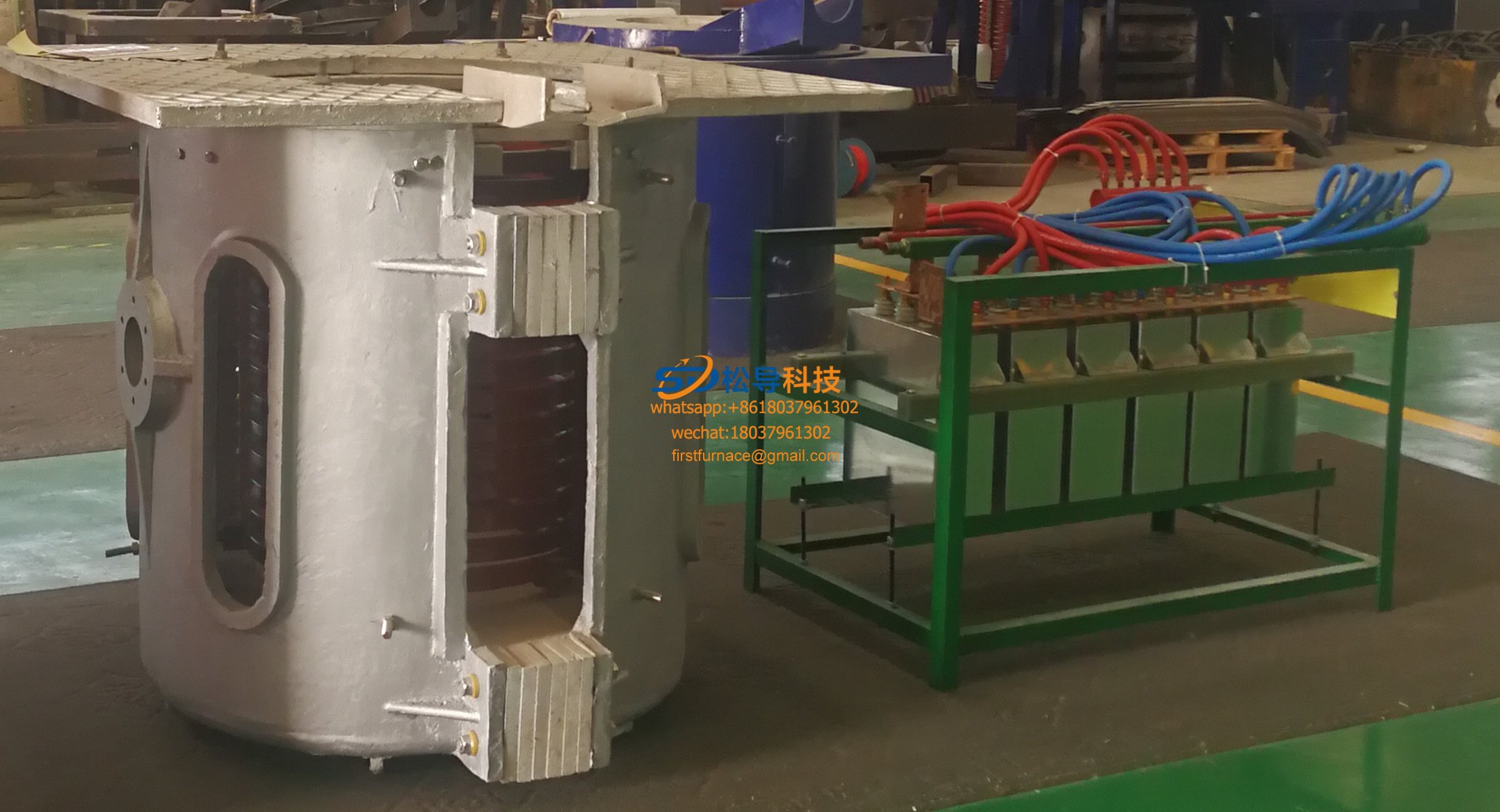
1T Series Intermediate Frequency Furnace
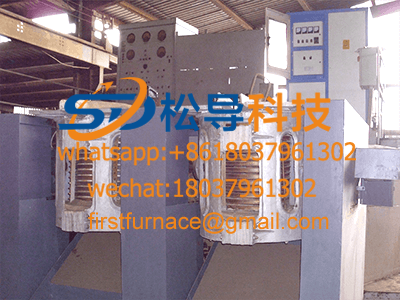
0.5T Series Intermediate Frequency Furna

0.25T Series Intermediate Frequency Furn
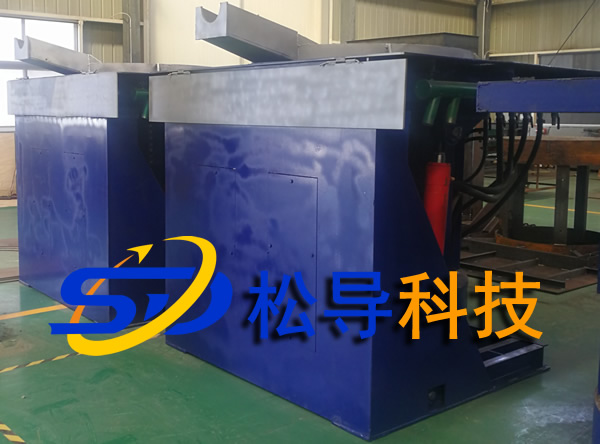
1T Parallel Intermediate Frequency Furna
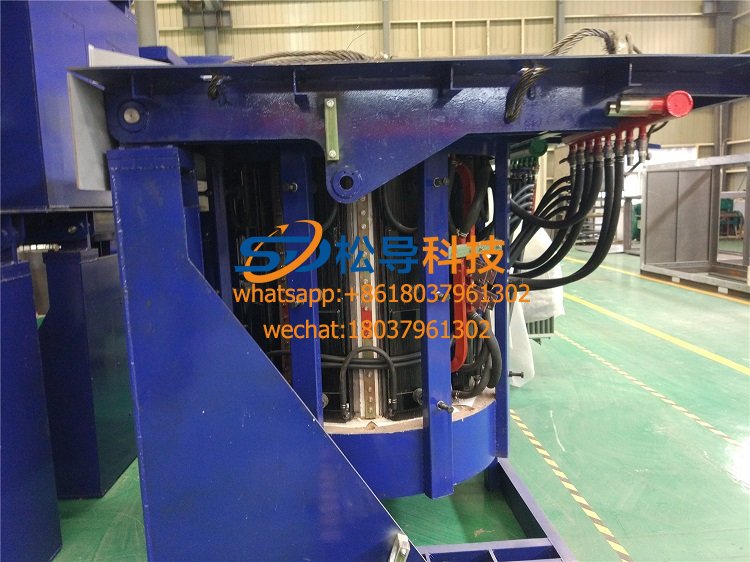
2T Parallel Intermediate Frequency Furna
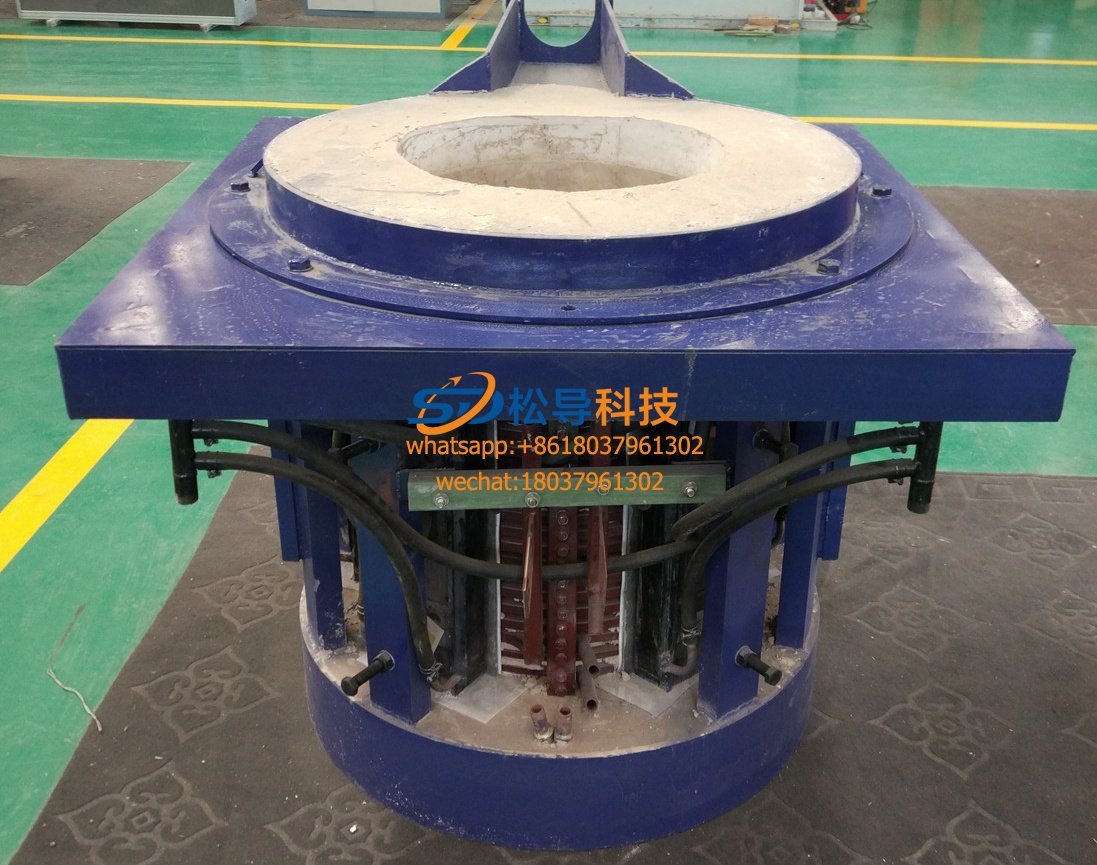
0.5T Parallel Intermediate Frequency Fur






